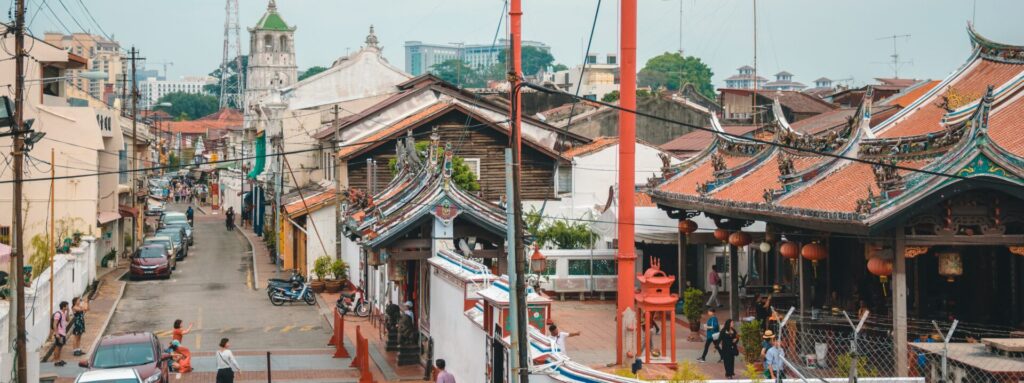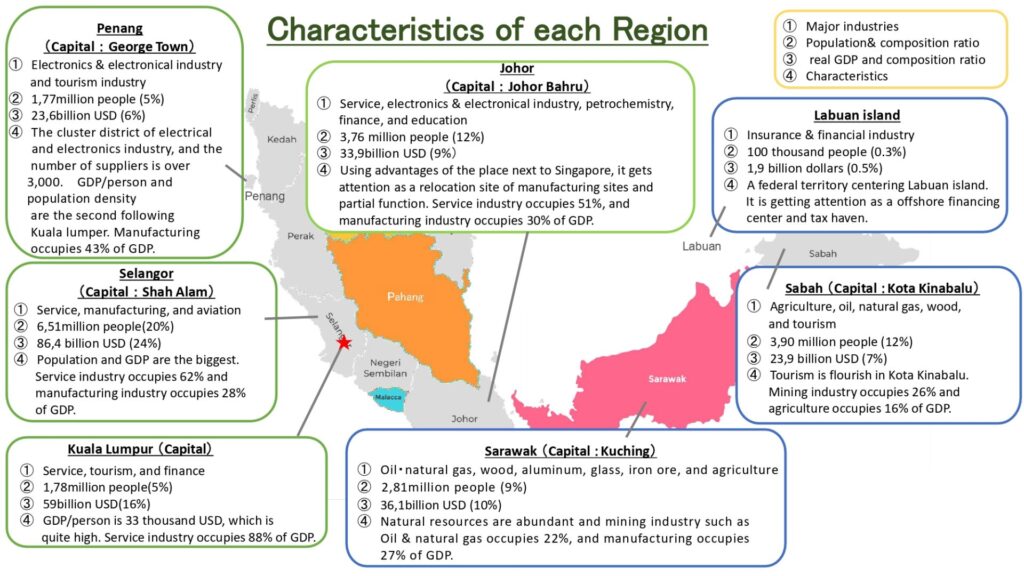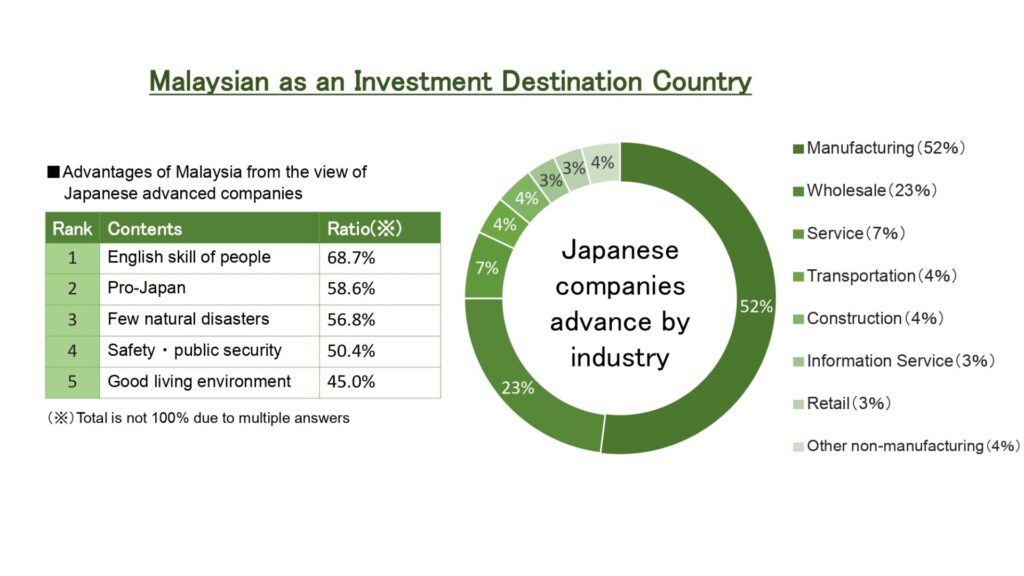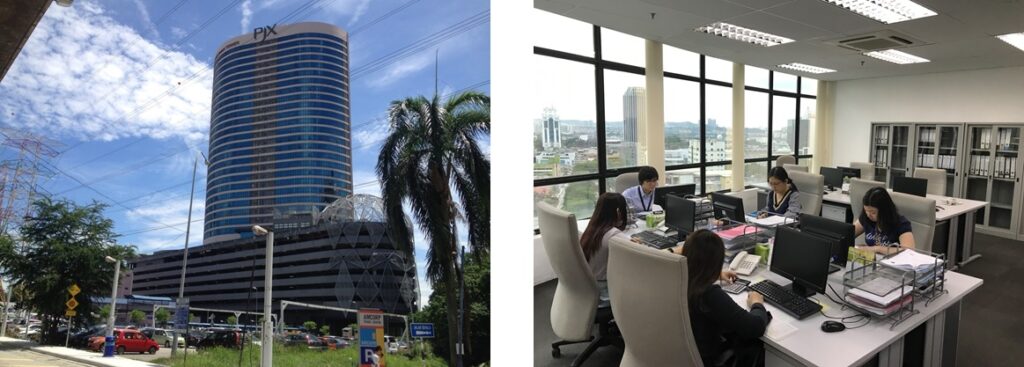Needless to say, low price and high quality are important, but it is also important to have customers’ viewpoints because it helps make us offer better values to customers. As a result, we would make it possible to have customer dealing and product suggestion which would lead higher customer satisfaction. Here, we introduce one example of the matter which got a good evaluation from our customer.
Recently, automation has been accelerated in customers’ manufacturing sites, and production of our main products, screws, has also changed to be automatic. A common problem of screw automatic machine fastening is a “small-scale stop”. The main causes of small-scale stop are “fastening failure” caused by insufficient torque, misalignment of screws and screw holes during tightening, “diagonal fastening” caused by screw recess and fitting performance of an electric screwdriver, and so on. The cause of “small-scale stop” is clear to some extent as mentioned above, so the time from the occurrence of the trouble to the recovery is only a few minutes, and the recovery work doesn’t become tangible clearly because it is carried out by workers as a daily work. However, it takes only a few minutes a day, but what about a monthly or yearly term? As people say “any a little makes a mickle”, it would be a considerable loss time. In fact, costs hard to find has been incurred. Furthermore, it has the potential to cause a “big-scale stop” which directly leads to the suspension of product shipments and serious equipment failures.
In response to this, we proposed a recess for automatic machine fastening, which is one of our products for automatic machine fastening. Conventionally, general cross-hole recesses and torque recesses have a large amount of rattling between the tip of the electric screwdriver and the recess, so they are not stable and tend to wobble during the tightening process, which induces misalignment, diagonal tightening, and etc. We have solved customers’ problems and issues with epoch-making screws which have solved such disadvantages. In fact, Malaysian customers also have the problem of “small-scale stop” due to screw dropping during tightening, but it was solved by adopting our screws, which led to improvement in customer satisfaction. This is just an example, but our sales share of metal processed parts to Malaysian customers is at a high level through such customer support and product proposal activities that we have carried out from the customer’s perspective. Therefore we could have led to sales and business expansion.
We will continue to challenge to achieve 120% customer satisfaction!
In addition to the screws for automatic machine fastening mentioned above, we cooperate with manufacturers and can also meet customers’ needs with 4-piece set of design and production for automatic equipment, automatic screwdrivers, bits for automatic screwdrivers, and screws for automatic machine fastening. Please contact Byokane (Malaysia) Sdn. Bhd. if you need automatic machine fastening screws, and have any requests for standard products, special products, etc.,






